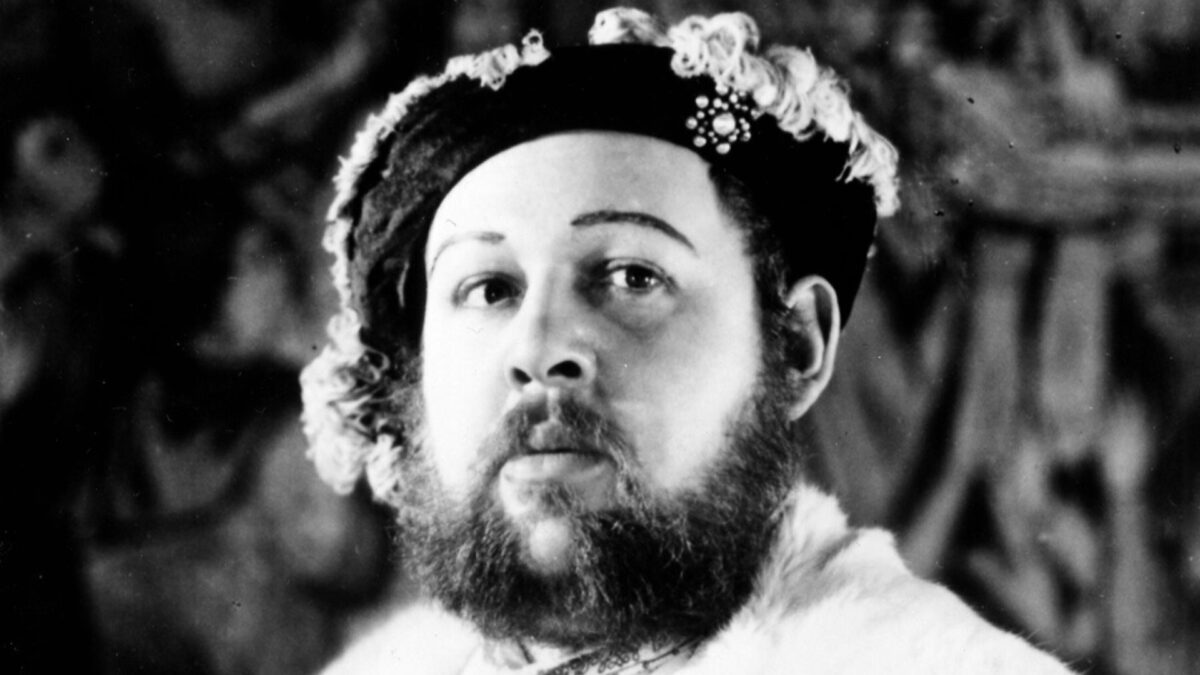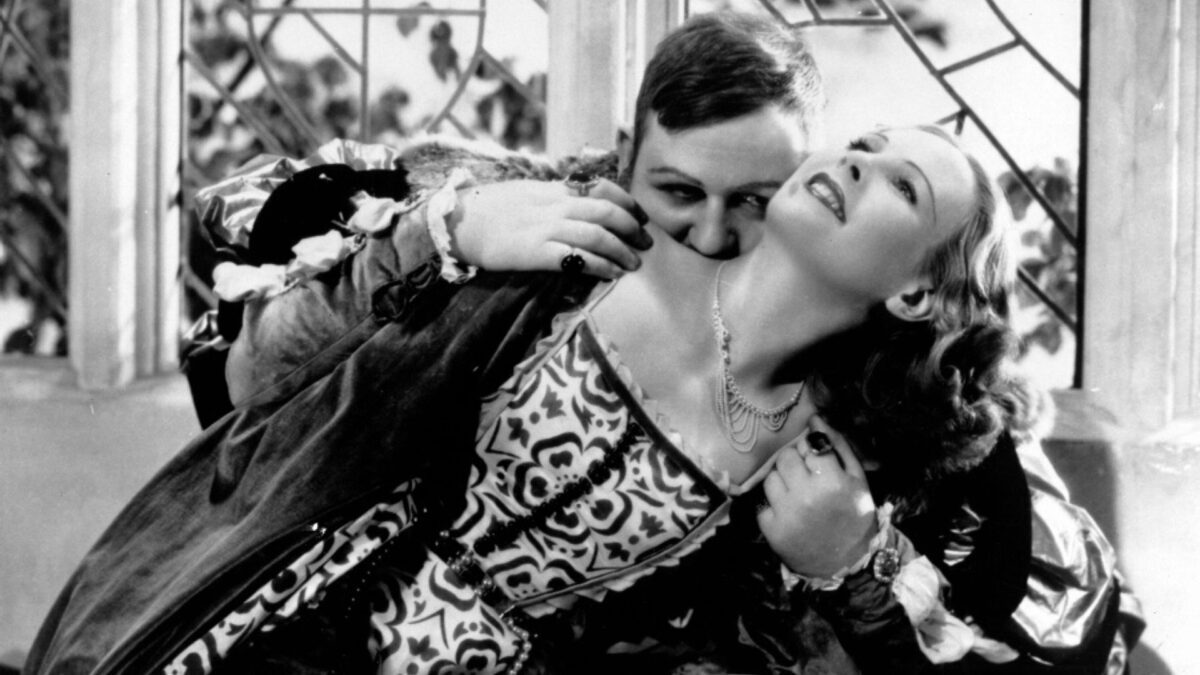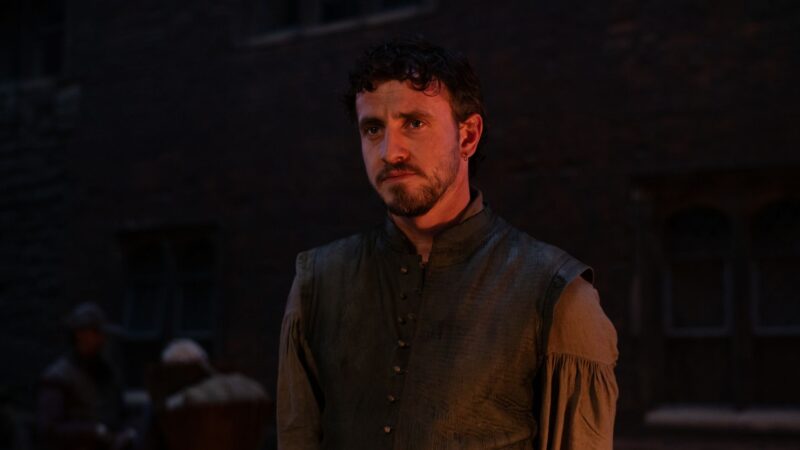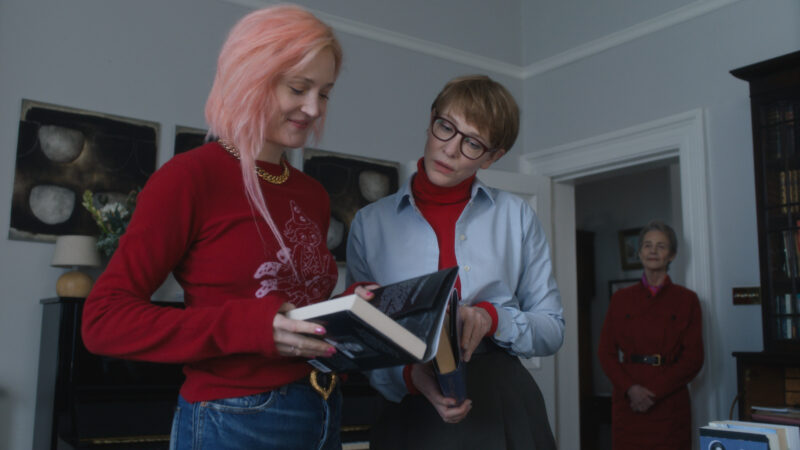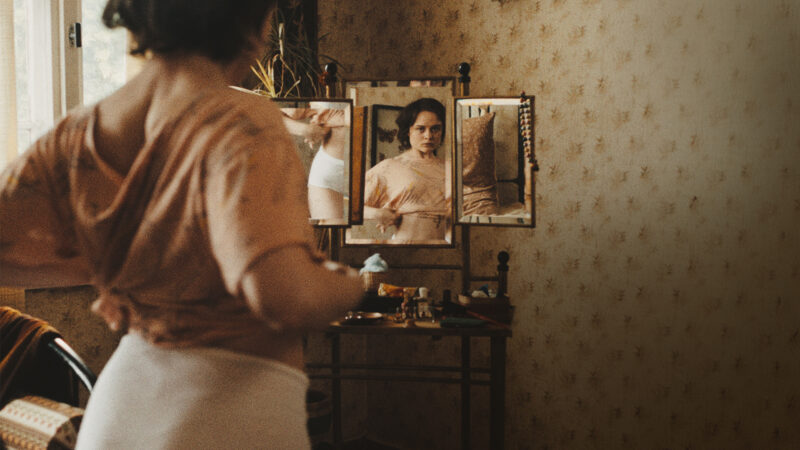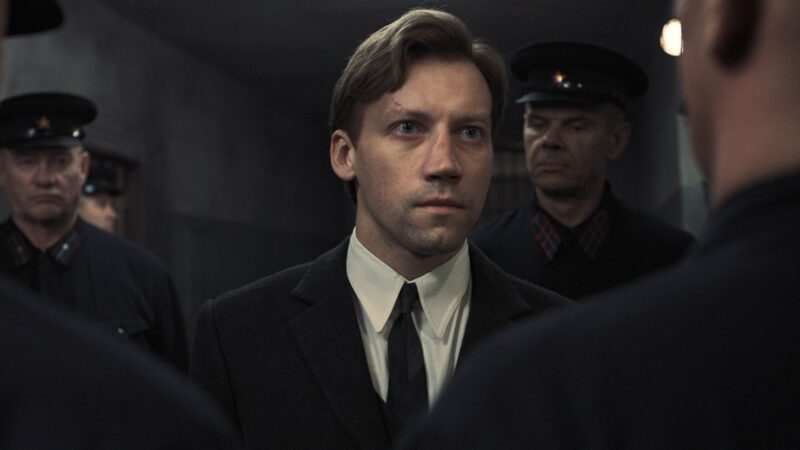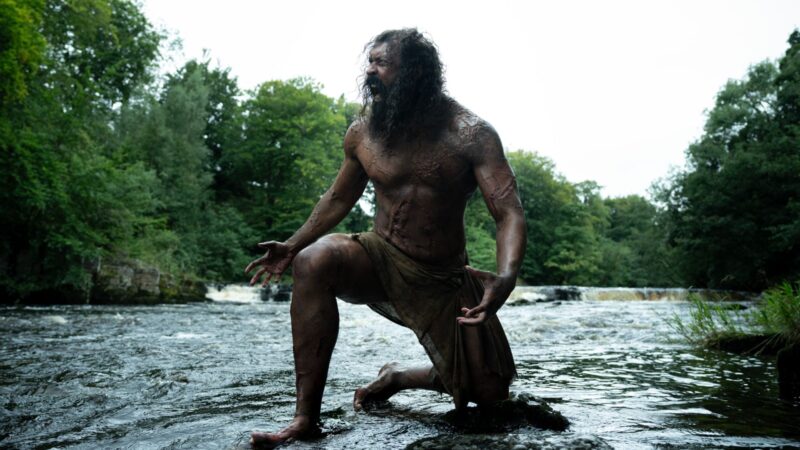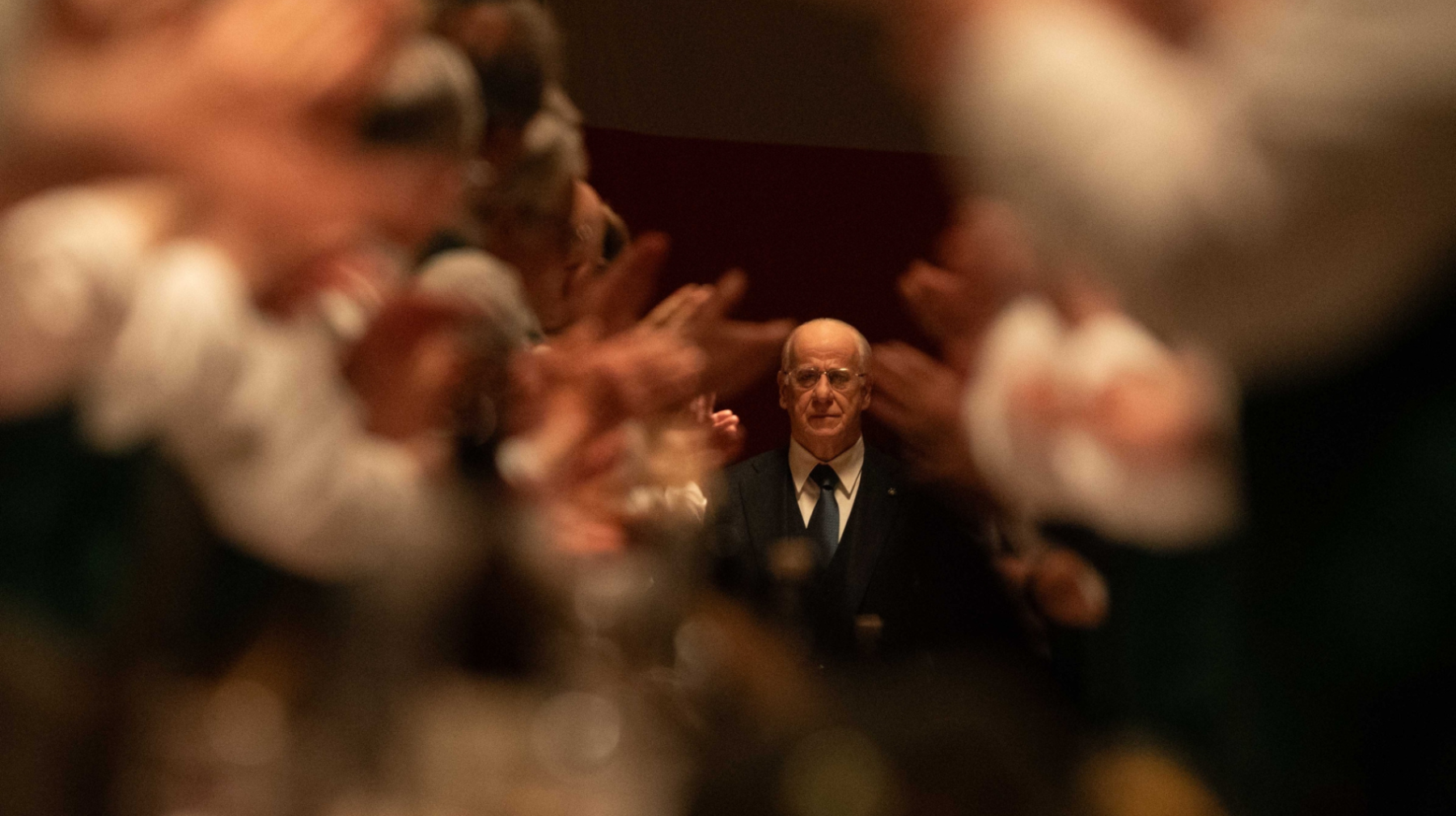Prywatne życie Henryka VIII
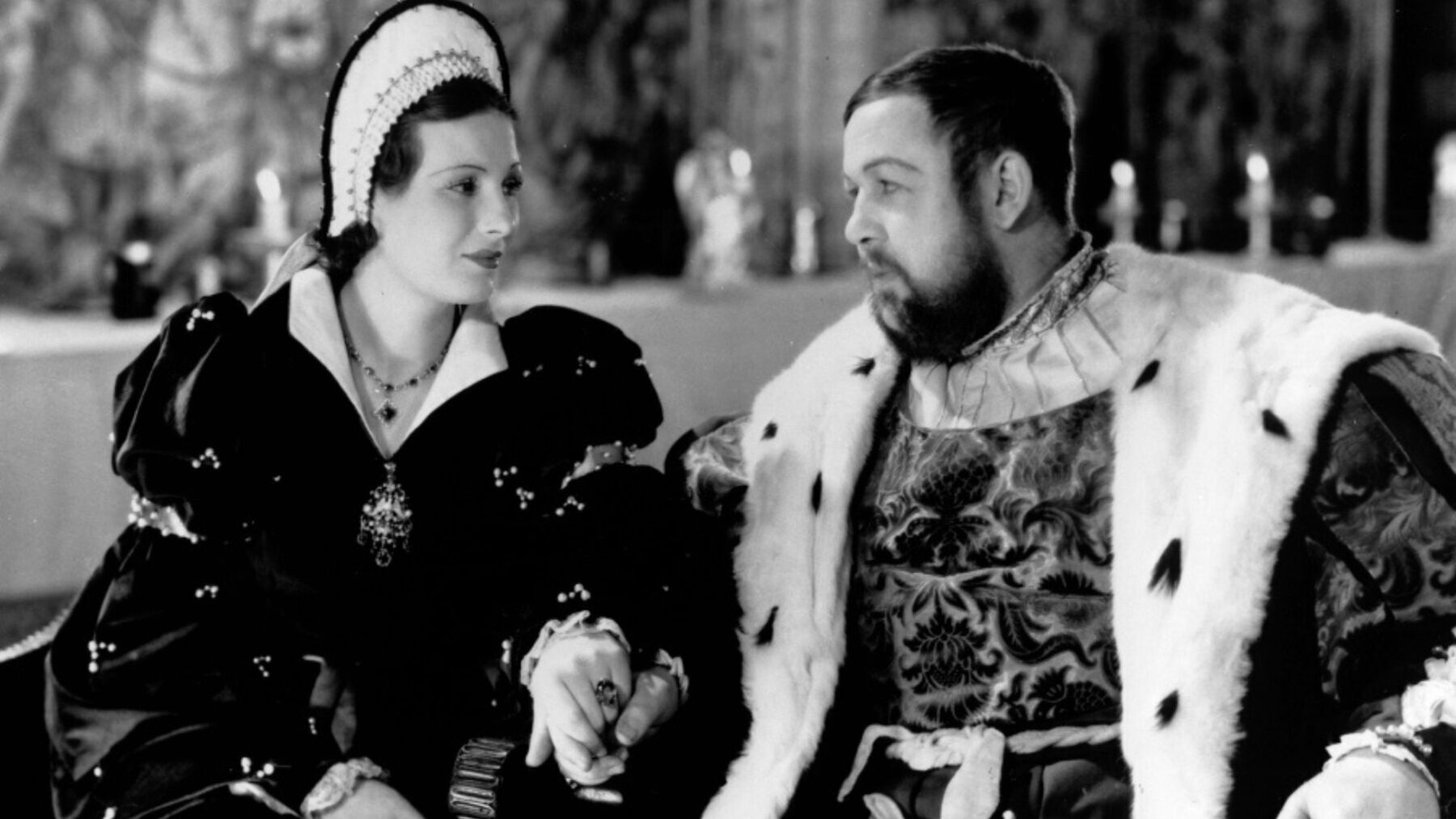
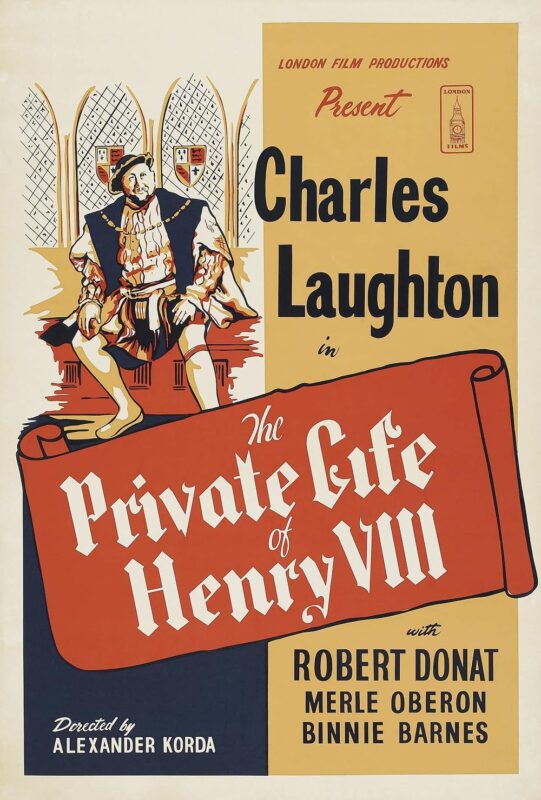
Brytyjski przemysł filmowy długo borykał się z sukcesem w Stanach Zjednoczonych, lecz humorystyczna opowieść Alexandra Kordy o najsłynniejszym władcy Anglii podbiła Amerykę. Film był pierwszą produkcją spoza USA, która zdobyła Oscara za najlepszy film, a nagroda dla najlepszego aktora trafiła do Charlesa Laughtona, wynosząc go na międzynarodowe szczyty i otwierając drogę do udanej kariery w Hollywood. Jego kreacja tytułowego monarchy stała się wzorem dla późniejszych przedstawień Henryka VIII, choć nie całkiem wiernym historycznie, a Laughton zachwyca swoją energią i wdziękiem.
W swojej roli Laughton uchwycił ludzkie słabości kryjące się za władzą i przepychem, przedstawiając Henryka w kolejnych etapach życia: gdy poznaje i żegna się z każdą z żon, aż po lata jego upadku i starości. Towarzyszy mu obsada utalentowanych aktorek, w tym Merle Oberon oraz Elsa Lanchester (prawdziwa żona Laughtona) wcielające się w pięć z sześciu małżonek króla.
Korda stawia raczej na rozrywkę niż na historyczną dokładność, a bogate scenografie i wspaniałe kostiumy pokazują jakość, jaką węgierski producent i reżyser wniósł do brytyjskiej kinematografii. Jako zagorzały anglofil, Korda wniósł swoje artystyczne spojrzenie outsidera do rozwijającej się kultury filmowej kraju i uczynił z filmu kostiumowego ważny element brytyjskiej kinematografii. W 2018 roku BFI odrestaurowało film, przywracając tę klasyczną brytyjską kostiumową produkcję na duży ekran.
EN
The British film industry struggled to find success in the United States but Alexander Korda’s humorous screen history of the country’s most infamous ruler took America by storm. It was the first non-US film to win an Oscar, awarded Best Picture, and Charles Laughton nabbing Best Actor prize, launching him into international stardom and precipitating a successful Hollywood career. His portrayal of the eponymous monarch set the template for how Henry VIII has been represented – not entirely accurately – and he gives a performance of delightful energy and verve. He captures the human weakness behind the power and bluster, depicting him through progressive stages of his life as he meets and despatches each wife, and finally into his declining years. Alongside him, a roster of female talent portrays five of his six wives, including Merle Oberon and Laughton’s real-life wife Elsa Lanchester. Korda aims at entertainment rather than historical accuracy while the lavish sets and costumes demonstrate the quality that the Hungarian producer/director brought to British filmmaking. A keen Anglophile, Korda brought his artistic outsider’s eye to the developing the country’s screen culture, and launched the heritage film as a British staple. The BFI restored the film in 2018, bringing this classic British costume feature back to the big screen.
